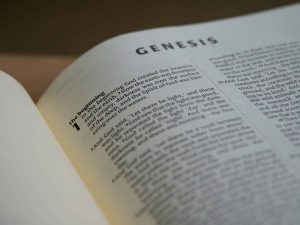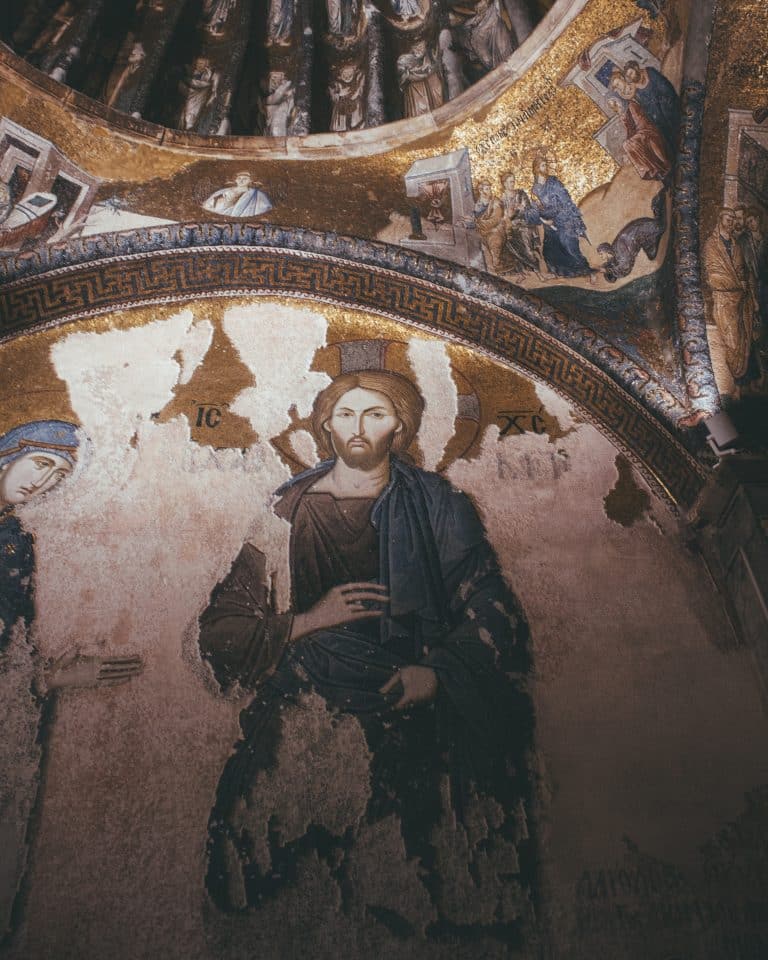Church Beliefs & Worship
ST. ANDREW'S CHURCH BELIEFS & WORSHIP
CATHOLIC
EVANGELICAL
TRADITIONAL
BIBLICAL
LITURGICAL
COMMUNITY

BELIEFS
The most obvious statement of belief of any Church that considers herself catholic (whether Roman, Eastern, or Anglican) would include the Creeds of the ancient and undivided Church (Apostles, Nicene and Athanasian).
Many would like more information, so we are attempting to provide that information. The Anglican Church confesses the ancient faith of the Church but does not hold to a “confession” as many Churches that came out of the Reformation do (e.g. Presbyterianism historically subscribed to the Westminster Confession). The Thirty-Nine Articles of Religion do give a response of the English Church to what she perceived as extremes and errors in the Roman Church and Anabaptist sects of the 16th century.
With all that in mind, St. Andrew’s is Anglican and therefore catholic and evangelical; catholic in theology and doctrine and evangelical in the proclamation of the Gospel of Jesus Christ.
Regarding the Holy Scripture, we believe that it is the Word of God written through man; that it “contains all things necessary to salvation.” Therefore whatever is not read in nor proved by Holy Scripture is not to be required of any man to be believed as necessary for salvation (Art. 6). The Holy Scripture is not to be taught so that one part of it disagrees with another. The Church is not to ordain anything that is contrary to God’s Word (Art. 20).
Regarding sacraments, we believe that God works through His chosen means of grace. We do not attempt to say more than God’s Word does regarding sacraments, but we definitely do not want to say less. Sacraments are effectual signs—wherein they accomplish that which they signify. God works through baptism to wash us and through the Holy Communion to strengthen us body and soul for our service to Him.

WORSHIP
In worship, St. Andrew’s Church is liturgical and traditional. We are liturgical in that we follow the pattern of worship found in the Bible and used by the Church from earliest times. The prayer book we use is known as the 1928 Book of Common Prayer. It comes from the Latin rite of Salisbury, among other ancient sources, compiled and translated into English in the 1500’s.
We are traditional in that we follow the general practice of the Church in terms of ceremony (movements, gestures, physical posture, etc.). We do not look askance at newer ceremony simply because it is new, yet we strive to be connected with the Church of all ages, so one will find quite a bit of older ceremony as well. The priest faces the altar for certain parts of the Holy Communion service because the priest is speaking on behalf of the congregation to God. When the priest speaks on behalf of God to the people, he faces the people. Most of this ceremony actually makes Scriptural and logical sense and is not all that difficult to catch on to, though it may take a newcomer a number of weeks to feel comfortable with the service and its order.